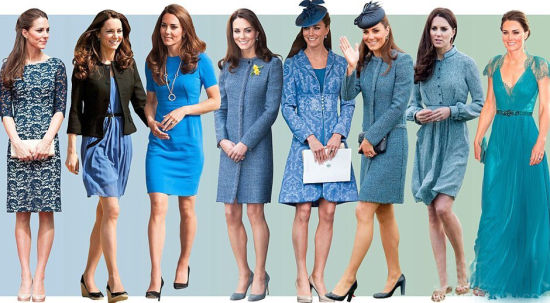TCM life cultivation has accumulated more experience in the modification of clothing in the four seasons. It demands that dressing and undressing should keep with seasonal changes. For example, in spring, cold does not disappear completely and yang qi increases gradually. Accordingly, it is advisable to wear less upper garments and usual trousers to promote the rising of yang qi. In summer, though yang and heat are excessive, people still need proper dressing to consolidate and protect healthy qi. In autumn, it turns cool, people should also pay attention to the addition of clothing. However, too many garments at a time should be avoided. More information, please read Causes of Disease in TCM--Formation of Constitution.
As the saying goes, "muffle the body in spring and freeze the body in autumn." This means that man should keep himself warm in spring and wear less so as to feel a bit cool in autumn. In winter, more clothing should be added with the increasing intensity of cold. The "once and for all" in dressing cannot be reached and excessively heavy clothing should be avoided.

Keeping the body extremely warm or excessively cold is not advisable. Otherwise, the body will lose its ability to endure wind and cold, consequently causing the declined body resistance against pathogenic factors and weakened ability to prevent diseases. As for old people and people with weak physique, their tolerance of cold and heat is relatively poor. Thus, undressing should be as cautious as possible to avoid the invasion of wind, cold, summer-heat and dampness. More information, please read Causes of Disease in TCM--Classification of Constitution.
In the case of profuse sweating, undressing is shunned from wind. Otherwise, the body is susceptible to attack by pathogenic wind and cold which consequently gives rise to diseases. Wet clothes with sweat should not be worn long, for after perspiration, the striae of skin are loose and the wet garments are not easily dried. If the sweat and dampness stay on the skin long, they will impair the yang qi of the human body, easily giving rise to pathological changes of wind, cold and dampness. More information, please read Causes of Disease in TCM--Influence of Constitution.







